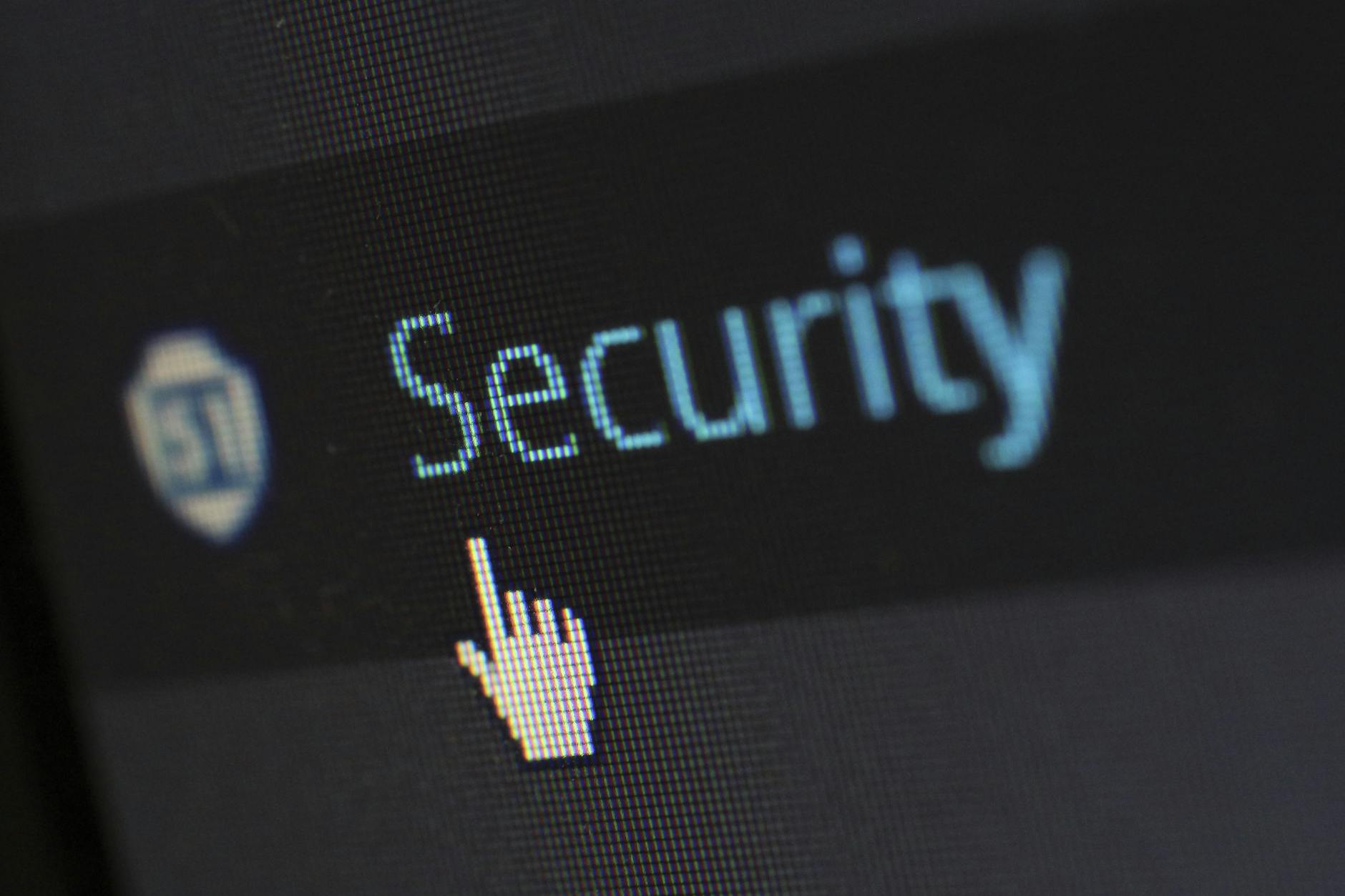In today’s digital age, ensuring online safety has become more important than ever. With the prevalence of cyber threats and data breaches, it is crucial to be proactive in safeguarding your digital life. By taking a few simple steps and adopting best practices, you can protect yourself from online threats and enjoy a safer online experience. This article will provide essential tips to help you advocate for better online safety and secure your digital life.
Understanding the Risks
Before diving into the tips for securing your digital life, it’s essential to understand the risks that can compromise your online safety. Cyber threats such as phishing attacks, malware, ransomware, and data breaches are prevalent in today’s digital landscape. Hackers are constantly looking for vulnerabilities to exploit, making it crucial for individuals to stay vigilant and take proactive measures to protect their online identities and data.
Strong Password Management
One of the fundamental steps in securing your digital life is to use strong, unique passwords for all your online accounts. Avoid using easily guessable passwords like “password123” or “123456” and instead opt for complex combinations of letters, numbers, and special characters. Consider using a reputable password manager to help you create and store secure passwords for each of your accounts.
Enable Two-Factor Authentication
Two-factor authentication (2FA) adds an extra layer of security to your online accounts by requiring both a password and a secondary authentication method, such as a biometric scan or a verification code sent to your mobile device. Enabling 2FA can significantly enhance the security of your accounts and protect them from unauthorized access.
Keep Your Software Updated
Regularly updating your devices and software is crucial for maintaining the security of your digital ecosystem. Software updates often contain patches for known vulnerabilities that hackers could exploit to gain access to your devices or data. Make sure to enable automatic updates on your devices to ensure that you are always running the latest security patches.
Be Cautious of Phishing Attempts
Phishing attacks are a common tactic used by cybercriminals to trick individuals into revealing sensitive information such as login credentials or financial details. Be wary of unsolicited emails, messages, or links that ask for personal information or prompt you to click on suspicious links. When in doubt, contact the company directly using official channels to verify the authenticity of the communication.
Secure Your Wi-Fi Network
Securing your home Wi-Fi network is essential to prevent unauthorized access to your internet connection and the devices connected to it. Ensure that your Wi-Fi network is password-protected with a strong, unique password and consider enabling network encryption (WPA2 or WPA3) to encrypt the data transmitted over your network.
Regularly Back Up Your Data
In the event of a cyber incident or data loss, having backups of your important files and data is essential for recovery. Regularly back up your data to an external hard drive, cloud storage service, or a secure backup solution to ensure that you can restore your information in case of a data breach, ransomware attack, or hardware failure.
Conclusion
Advocating for better online safety and securing your digital life requires a proactive approach and a commitment to following best practices. By implementing the essential tips outlined in this article, you can significantly reduce your risk of falling victim to cyber threats and enhance your online security posture. Stay informed, stay vigilant, and take the necessary steps to protect yourself in the digital world.



